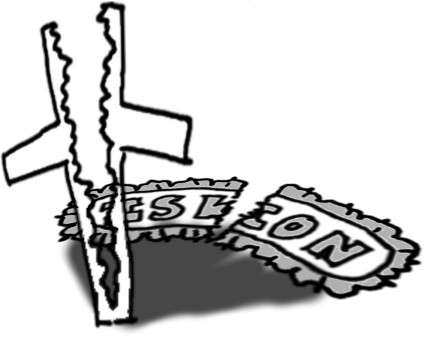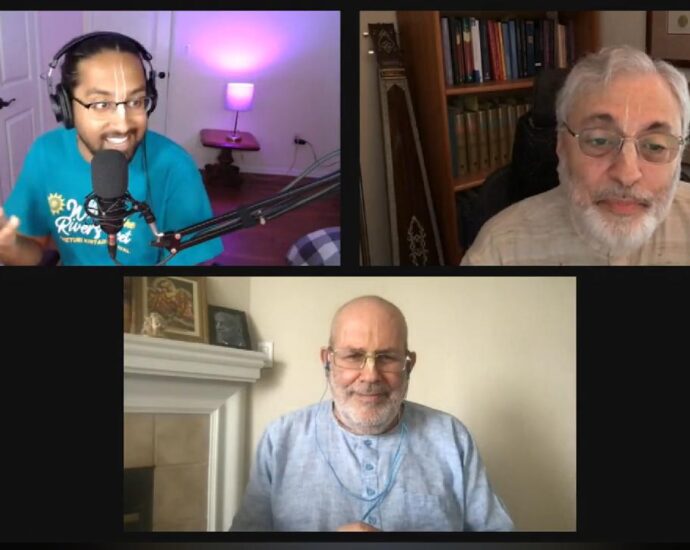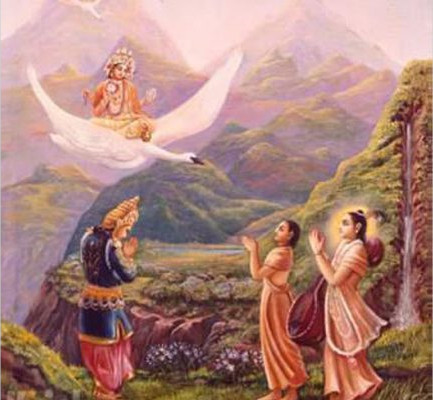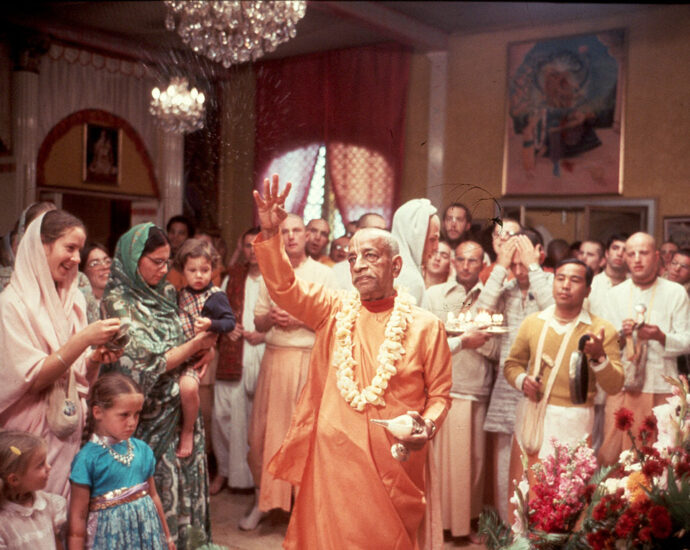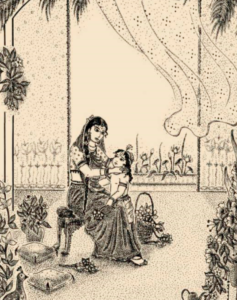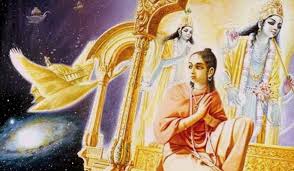“Women Protecting other Women is Totally Made up” – A Letter to GBC
Dear members of the GBC, Dear members of the GBC, Please accept our humble obeisance’s. All glories to Srila Prabhupada. We have come to know that you intend to go ahead with implementing women diksha gurus, despite repeated objections to your doing so by ISKCON India. This is to inform you that,Continue Reading
